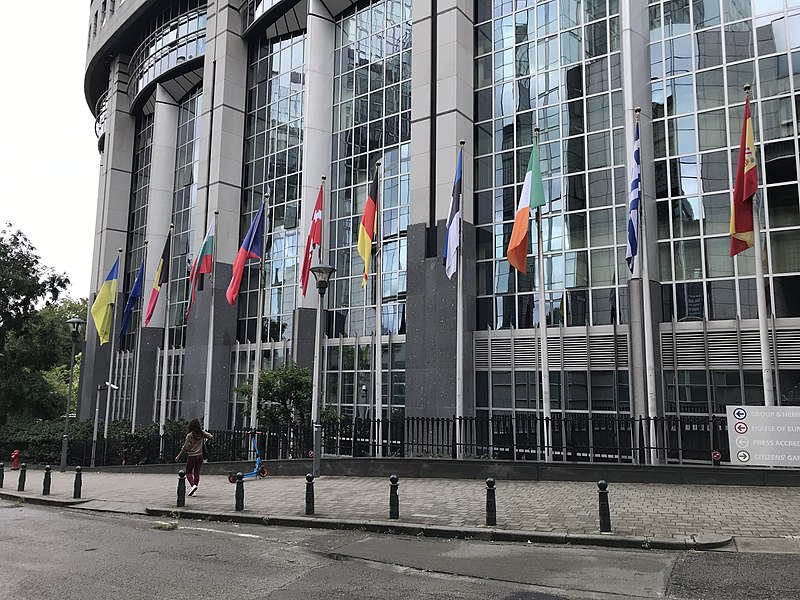
The European Parliament is poised to claim €600,000 from former French Minister Michèle Alliot-Marie in connection with the ongoing fake jobs scandal. Alliot-Marie, who
served in the French government for nearly a decade from 2002 to 2011, was elected to the European Parliament in 2014. The allegations against her center around the suspicion that she employed her nephew, Florian Olive, as a parliamentary assistant from 2014 to 2019 without him fulfilling the expected duties of the role. This information was first reported by Libération on September 11.
Florian Olive, in response to the pending claim, stated, "I have not received this demand. I'm waiting to see on what basis it is based before acting accordingly. But my work as a parliamentary assistant was effective." Olive provided evidence indicating that he had requested an extended leave of absence in 2017 to participate in the early stages of Alliot-Marie's unsuccessful presidential campaign. Despite these developments, Alliot-Marie has not responded to Le Monde's request for comment.
The origins of this scandal trace back to 2016 when the European Anti-Fraud Office (OLAF) uncovered a scheme involving fake jobs within the Front National, which is now known as Rassemblement National (RN). This scheme, dating back to 2010, allowed several MEPs' parliamentary assistants to work for the far-right party in France, all at the expense of European taxpayers. Since then, the estimated loss has reached €7 million, and even Marine Le Pen herself has been ordered to repay €300,000 to the European Parliament.
The case involving Michèle Alliot-Marie is part of a broader investigation into fraudulent employment practices within the European Parliament. The allegations suggest that individuals were hired as parliamentary assistants but did not perform the expected tasks associated with their positions, raising concerns about the misuse of public funds. This ongoing scandal has raised questions about the integrity of the parliamentary system and the need for more rigorous oversight to prevent such incidents in the future.
As European lawmakers prepare to claim €600,000 from Alliot-Marie, the case underscores the importance of accountability and transparency within the European Union's governing bodies. It also serves as a reminder that allegations of misconduct, even involving prominent individuals, will be thoroughly investigated to ensure the responsible use of public resources. The outcome of this case will likely have a significant impact on how the European Parliament addresses similar issues in the future.









































